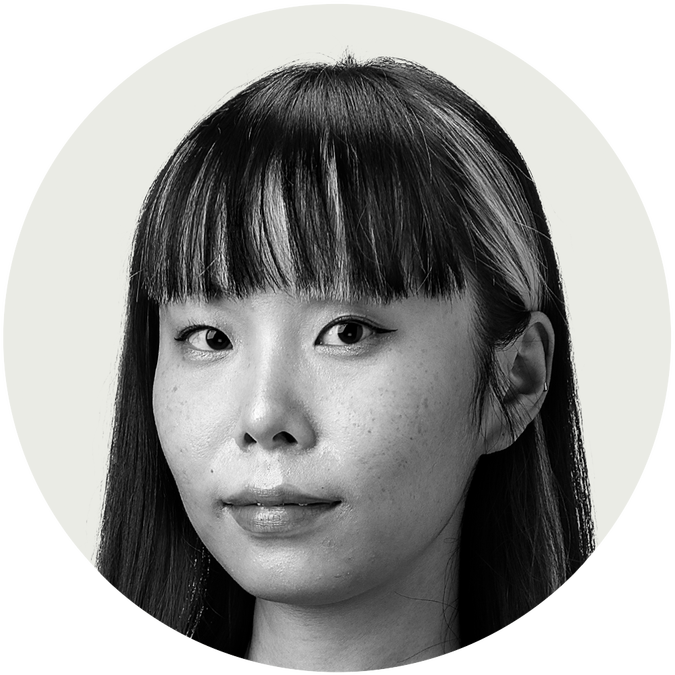by Xinheng Zhai

“Returning to China and going home now is a big challenge for me. I probably won’t be able to go back,” Muyi Xiao said, her tone heavy. “But I hope to become a champion of justice. No, not exactly a champion of justice, just an ordinary journalist.”
Muyi Xiao is an investigative journalist at The New York Times in the United States. In 2019, her team’s series exposing China’s secret operations in Xinjiang to suppress millions of Muslims was shortlisted for the Pulitzer Prize for Journalism. However, her objective reporting on many dark aspects of the Chinese government has led to countless insults from the Chinese people. If she were to return to China, she could face persecution or even imprisonment by the government. In addition, her parents are often interrogated and treated differently by the authorities. Given that she could have lived comfortably in China, why would she choose to face such pressure to investigate and report on the true face of China and oppose the CCP?
Work in China
Muyi Xiao used to work as an investigative journalist for Tencent News in China, where she was involved in investigations such as the disappearance of Malaysia Airlines MH370 and China’s railway projects in Tanzania and Zambia. “I think Tencent was a very important experience in my career. It was very helpful for me to grow as a journalist because we had to deal with breaking news and do in-depth investigations, take photos and write articles,” she said. Since 2016, however, the Chinese government has tightened control and censorship over the news media, making it almost impossible for investigative journalism to survive in China. “In the past, there was less censorship on English news content, so we could write a lot of true stories. After 2016, even English news had no space. Many sections were closed and people left.” Still, she believes the most important thing for journalists is to report objectively and uphold their inner principles of justice. But she cannot do that in China, so she decided to go to the United States to produce more in-depth investigative content about China.
Work in the United States
At The New York Times, she is a member of the Visual Investigation Team, which uses digital evidence, especially visual evidence, to investigate news events, with patience and meticulousness being key words in her work. “When our team investigated China’s surveillance cameras, it took us two years to analyse more than 100,000 pieces of data,” she says. “And software like Spreadsheets, Hunchly, Google Earth and Planet Labs are tools I use a lot.” Analysing data at her desk every day has become the norm, so her biggest hobby is watching mindless TV shows that don’t require much thought. “I just want to clear my head, preferably with a laugh.”
Press on despite the burden
Having endured years of unfair insults from Chinese netizens and pressure from the Chinese government, she often feels depressed. “I often seek psychological counselling, probably for about ten years, ever since I published the report on China’s repression of Muslims in Xinjiang. From then until now, many people on Twitter and websites have often used abusive language against me”. But she has not given up trying to report Chinese news objectively. Even before she came to the United States, when she had to publish news under her real name, she had anticipated what would happen in the future. But what is happening now is even harder than she could have imagined. She believes that if you cannot bear the current consequences, you can choose not to publish articles under your real name. Many of her colleagues publish anonymously to protect themselves. But if you choose to publish under your real name, if you choose justice, then you must persevere.
In today’s highly polarised political environment, she believes it is even more important for us to be neutral and objective journalists. Even if it means that everyone criticises you, only by remaining unbiased can we uphold journalistic ethics.
Her Key information
–Joined Tencent News as an Investigative Reporter in 2013
–Joined The New York Times Visual Investigations Group in 2019
–She was part of a team that was named a 2020 Pulitzer finalist in international reporting.
–Won the Gerald Loeb Prize in the International category and three Society of Publishers in Asia prizes.
